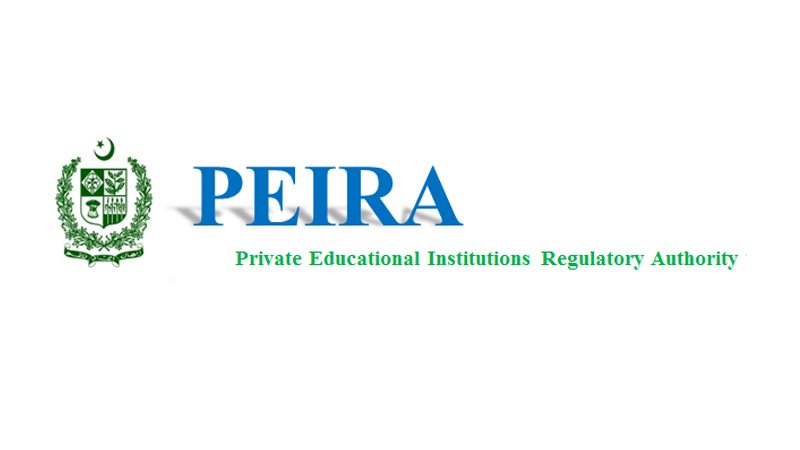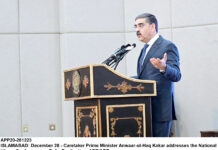
According to a letter, PEIRA stated that out of 1,437 registered Private Educational Institutions (PEIs) in the Islamabad Capital Territory (ICT) with the authority, only 256 institutions are charging a monthly tuition fee of more than Rs 5,000.
PEIRA is the body which regulates and monitors affairs of all PEIs in the ICT. The ICT includes both urban and rural areas of the capital.
According to details, earlier in January, 2019, while hearing a case pertaining to the exorbitant fees charged by private schools, former chief justice Saqib Nisar ordered a 20 percent decrease in fees charged by 22 upscale private schools and ordered them to return half the fees they had charged for summer vacations. The order was applicable to private schools across the country whose fees are in excess of Rs 5,000.
PEIRA is committed to take action against violators in accordance with the provided authority in the PEIRA Act.
In January, Saqib Nisar had ordered a 20% decrease in fees charged by 22 upscale private schools and had ordered them to return half the fees they had charged for summer vacations
PEIRA Chairman Imtiaz Ali Qureshi while talking exclusively to Daily Times said that the authority was ready to take action against private schools in case of violation of the SC’s order.
He added that the authority has the power to impose fines up to Rs 5,000 per day other than withdrawal of school registration and filing contempt petition against private schools.
On the other hand, some private institutions filed a review petition in the SC on the aforementioned judgment for restricting them for 20 percent deductions in their tuition fee.
While talking to this scribe, one of the petitioners said that private schools are not charging fees as much as being propagated.
“Almost 55 percent of staff’s salaries in private schools are paid from the revenues collected through tuition fee,” he said, adding that the schools have many other heavy expenditures including utility bills, building rents and others.
An education expert, however, said that if the PEIs will be comprised on the standard of education, enrollment of their students would be decreased ultimately.
The petitioners through counsel Hamid Khan and Ayesha Hamid sought relief from its previous verdict.
It contended that none of the laws and rules enacted/notified by Sindh and Punjab, including the Sindh Private Educational Institutions Rules, 2005 and the Punjab Private Educational Institu-tions Rules, 1984, provided for the reduction of fees, whether 20 percent or any lesser amount.
The petition recalled that through its earlier direction in October 16, 2018 the apex court had ordered the auditor general of Pakistan to examine the accounts and tax returns of private schools for the last five years and to submit a detailed school-wise report on aggregate investment, various costs incurred, deductions claimed and after tax net profits on which the department filed the required report. Nothing in that report provided any basis for direction to reduce fees by 20 percent, the petition argued.
Thus, the petitioner and owners of other schools cannot be compelled to run their schools at a loss. This is and would be, a violation of their vested fundamental rights under Articles 18, 23 and 24 of the Constitution, the petition stated.
It also referred to the court’s direction to refund 50 percent of the fee charged during the last summer vacations. The petition argued that this order has the effect of increasing the directed fee reduction for the current academic year by another 8.33 percent. The summer vacation fee has already been paid by all parents and is thus a matter of past and closed transaction. There does not appear to be any lawful basis for directing its refund to the extent of 50 percent, the petition stated.
Published in Daily Times, February 12th 2019.













